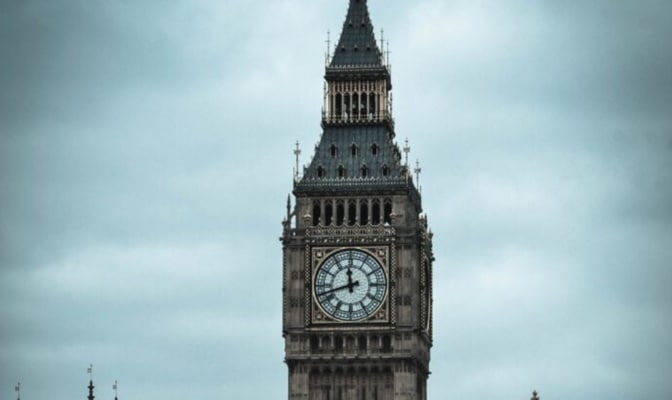In a week in which Keir Starmer ruled out Jeremy Corbyn standing as a Labour candidate and Nicola Sturgeon announced her resignation as First Minister, many commentators have suggested that we may look back at this period as a pivotal moment in Labour’s bid to return to government.
With this favourable political backdrop Mr Starmer made a major speech today setting out what he said would be the five missions of the next Labour Government:
1. Secure the highest sustained growth in the G7 by the end of a Labour first term;
2. Build an NHS fit for the future;
3. Make Britain’s streets safe;
4. Break down the barriers to opportunity at every stage, for every child; and
5. Make Britain a clean energy superpower;
Mr Starmer argued his government would take a long-term approach to the problems facing the country, in contrast to what he labelled as the “sticking plaster politics” of recent Conservative administrations. He conceded that some of these problems “went back decades” but argued that over the last thirteen years, “the actions and inactions of the Tories” had exacerbated the country’s problems.
In setting out his ‘mission driven’ approach to government, Mr Starmer explained that “every business around the world – every organisation – has a strategy. A nation needs one too.”
Critics might look at today’s speech and say that although the objectives are laudable, where is the policy detail? Labour will argue that today was about setting the framework for its manifesto and that the detail on the missions will be unveiled in a series of speeches before and after the local elections in May. Given we are probably still a year or more away from a General Election, and with a policy-heavy National Policy Forum meeting in July and October Party Conference to come, this is probably a wise approach.
In the run-up to a General Election an effective Opposition party must offer the electorate a compelling vision for the country, a set of credible policy offers and an approach that demonstrates competence and credibility. But at the same time, it must also prepare for the task of governing, particularly when it has been out of power for over a decade.
Not that Labour strategists are taking anything for granted. Despite large opinion poll leads, the mantra of “no complacency” – familiar to those who worked on the 1997 campaign – is once again that of Labour politicians and organisers today.
There were echoes of the 1997 political strategy in today’s set piece too, Starmer repeating the “tough of crime, tough on the causes of crime” mantra in his speech, and in the morning media round making the argument that having changed as a party, Labour was now in a position to bring change to the country. New Labour New Britain anyone?
Yet tempting as it would be to see this as “New Labour 2.0”, that would also too simplistic. This Labour leadership is certainly more comfortable with the achievements and approach of the last Labour government than any of its predecessors were. Veterans from that period have returned as political advisers and the Leader and Shadow Ministers increasingly emphasise public service reform as much as investment. But a Starmer-led administration will have its own distinct approach – probably more interventionist than the last Labour government, a little more circumspect around private sector involvement in the delivery of public services and less likely to challenge Labour Party orthodoxy on a daily basis.
Mr Starmer and his team know that if they win the next election, driving real change will be no easy task and the government will need the support of external stakeholders to achieve its objectives. Hence the intensive engagement with business in recent months – much more than what has sometimes lazily been described as a “prawn cocktail offensive” – and an attempt to build a genuine long-term partnership. Expect this to continue in the coming months, with discussions built around the five missions, as the Shadow Cabinet fills in the detail around today’s framework. For those with ideas, policy suggestions and solutions in these areas, now is the time to engage.






